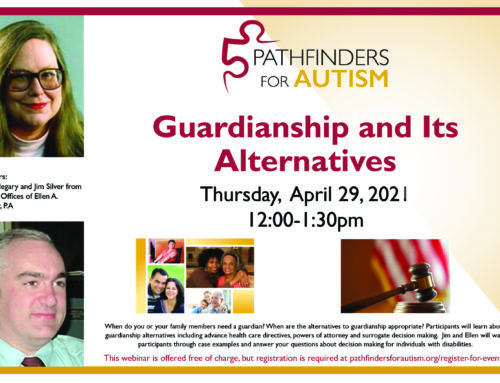It’s time we break apart some commonly confusing myths surrounding autism. Autism is a neurological disorder that is caused by differences in the brain from birth. Myths surrounding this disorder can be extremely harmful to those who are diagnosed with this condition, those with loved ones who live with it, or medical professionals on a mission to find ways to treat and cope.
Typically, those with autism have differences when it comes to the way they socialize with others and experience the environment around them. Communication might be difficult, as finding common interests and talking points is more of a challenge. (1)
In this article, we will debunk some of the most common myths about autism so you can better understand how those who live with this condition communicate and thrive.
“Autistic Individuals Can Never be Independent”
One of the most common misconceptions about autism is that those living with the condition can never be independent. This is not necessarily the case, although it is important to note that everybody’s situation is different and the condition can vary from person to person.
It also depends on how far along in the coping journey your child is. It takes time to learn what triggers an individual with autism, and how they can best cope with these frustrations to live a normal and independent life. Once these coping mechanisms are discovered, autistic individuals can live independently and foster healthy, positive lives.
“Quirks Are The Same Thing as Autism”
Just because someone is quirky does not necessarily mean that they have autism. In fact, this can be a very dangerous misconception, as some individuals will label those with differences as having that condition. We all have our own individual traits, and just because someone’s quirks are a bit obscure does not mean they suffer from autism. Before making a comment on somebody’s behaviors or tendencies, be sure to remind yourself that every one of us is unique and that is what makes the world such a beautiful place! (2)
“Kids Can Outgrow Autism”
Although there are many ways to cope with any challenges that come with living with autism, one does not ever outgrow this condition. This is a common misconception for parents who are raising children with newly diagnosed autism. Some believe that their child will grow out of triggers and social awkwardness when really children just adapt to their preferences and learn how to navigate living life as an autistic individual.
“Autism Is Caused by Vaccines”
This myth may seem controversial, but it shouldn’t be! There have been a variety of studies to prove that this is in fact a false claim. There is no correlation between children with autism and children who have received vaccines. Unvaccinated children pose a risk to themselves and others as they enter social environments such as school, which is why these vaccines are typically required for those who opt into public education. (3)
“People With Autism Don’t Have Emotions”
This claim is almost the opposite of the truth. People with autism don’t only have emotions, but they have such strong feelings that it can make them react in a way neurotypical children would not. This is why it is so important to understand your child’s triggers so that you can avoid environments and situations that may cause them to be uncomfortable.
Remind your child and those who are around them that understanding and internalizing your emotions is a normal and healthy part of growing up. Getting older is not easy, especially for children who are transitioning into teenage life with a neurological condition.
Navigating life with your autistic child is anything but easy. We hope this blog article helps you uncover some of the most common myths about autism so that you can be a myth buster in your community and advocate for those living with this condition. If you are searching for support as a parent so that you can help your child thrive, contact Neurobehavioral Associates today.
Resources:
- Autism Myths and Misconceptions – Aging and Disability Services of Nevada
- Functional Assessment of Problem Behavior: Dispelling Myths, Overcoming Implementation Obstacles, and Developing New Lore – National Library of Medicine
- Common Misconceptions About Autism – Sarah Dooley Center






